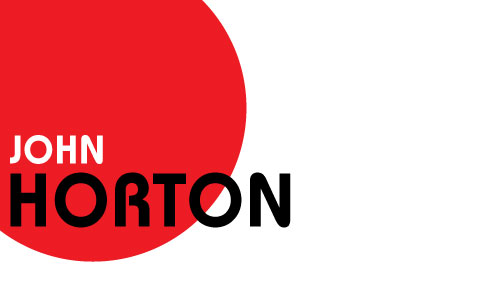By John L. Horton
“There but for the grace of God, go I.” (Biblical Proverb) (John Bradford, 1510-1555)
The recent (Pilot) front-page headline, “Most of Norfolk’s public housing could be gone in a decade under new plan,” caught my interest. It reported that the three public housing communities (Tidewater Gardens, Calvert Square and Young Terrace) are being slated for demolition. These three public housing communities cover 99 acres and have 1,674 homes (4,200 low-income residents, including 2,200 children).
Accordingly, there has been much coverage in the media pertaining to “affordable and public housing.” In the Norfolk-Hampton Roads area, this is an ongoing crisis and concern. It is no longer about the “poor and disadvantaged”; it is about all of us. An old biblical proverb comes to mind, “There but for the grace of God, go I.” For the “average” American, affordable housing is becoming an issue, especially when it comes to ownership.
In recent months, it has been reported that an average priced house of $200,000 in Virginia would take a salary of approximately $30.00 per hour to pay for it. This means that a significant number of people in Norfolk-Hampton Roads cannot afford to make such a purchase at this time.
More of us are finding the “housing gap” to be real. For example, housing experts say 30 percent of one’s salary is the amount that is “affordable” for rent/mortgage. Moreover, an “affordable home” is one that is priced at three times one’s annual salary. Accordingly, the increases in rents and home prices have left many citizens of Norfolk-Hampton Roads unable to find anything that they can afford.
As a voter, taxpayer and resident of Norfolk/Hampton Roads, I would like to offer some suggestions and recommendations for resolving the public housing dilemma in a meaningful and beneficial manner for all parties concerned. Whether we like it or not, public housing, if handled correctly, offers a viable solution.
In looking at and dealing with Hampton Roads’ current and future public housing dilemma, two old African proverbs come to mind: (1) the ruin of a nation begins in the homes of its people; and (2) he who conceals his illness cannot expect to be cured. In my opinion, Norfolk-Hampton Roads’ public housing dilemma needs to be looked at in this light.
Therefore, my suggestions and recommendations for improving upon Norfolk-Hampton Roads’ public housing situation would include, but not be limited to, the following:
1. A further diversification and inclusion of more Norfolk-Hampton Roads citizens, possibly in ad hoc and sub-committees, to give the people who live, vote and pay taxes in Norfolk-Hampton Roads a better opportunity to be heard on this vital subject of utmost importance for them and their fellow residents.
2. Recruitment of public housing residents for personal-familial development skills and group-community empowerment training. This should include, but not be limited to, self-esteem, parenting, family stability, community safety, personal responsibility, and the like.
3. More focus and encouragement for public housing residents to take advantage of their educational opportunities and abilities.
4. Facilitation of work and vocational opportunities for public housing residents, especially teenagers, young adults and heads of households.
5. Economic empowerment zones must be substantively and creatively implemented in these communities, to include entrepreneurial ventures within and facilitated partnerships without these designated communities. Unlike too many times before, adequate safeguards must be applied so that this designated population truly receives some lasting benefits and ongoing amelioration.
6. Inclusion of adult males and the “biological” fathers who reside, officially and officially, in the various public housings, for they must be(come) involved as “parents, providers, protectors, role models, job holders and leaders” in these communities and the population at large.
7. In-fighting and petty ego-tripping must be put aside so that the greatest good can be accomplished for the greatest number of public housing residents and Norfolk-Hampton Roads’other citizenry. More public housing residents, broader based and/or opinionated, need to be seated at the “solution table.” We need to remember that “all of us are smarter than anyone of us.”
8. Businesses and Corporate Hampton Roads, particularly the power brokers and captains of industry, must be(come) involved, committed and a resource for resolutions. They need to fully understand that they, too, have a stake in all this – that the strongest chain is only as strong as the weakest link.
Serious thought must be given to the economic and demographic integration of public housing residents. This might prove to be the “biggest obstacle” for the leadership and citizenry of Hampton Roads to overcome. However, if we are truly serious about resolving our present (and future) public housing dilemma, this approach needs to be profoundly scrutinized and courageously considered.
To do what must be done, we have our work cut out for us. It will not be easy, but it can be done. If we are truly serious about helping and uplifting our public housing citizenry, these suggestions and recommendations will be a “giant step” in the right direction.
In summary, we need to work together, compassionately and collaboratively, if this monumental feat is to be accomplished for the betterment of us all. All that remains is for us to put our words and ideas into actions and deeds. Together, we can do it.




